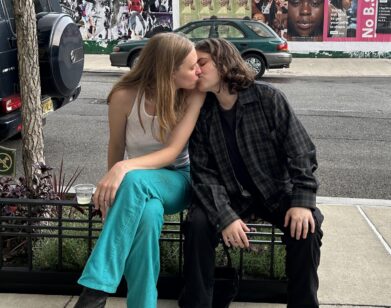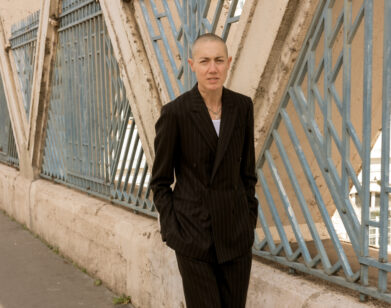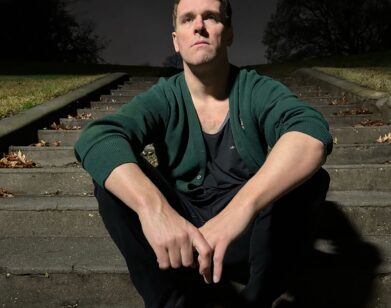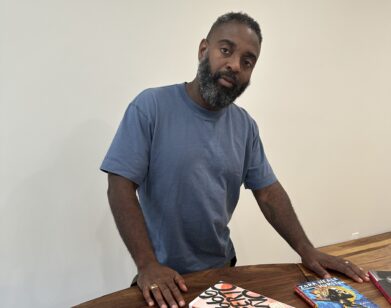Saeed Jones’s Bracing New Memoir Is No Walk in the Park

Early on in his phenomenal new memoir, How We Fight for Our Lives (Simon & Schuster), Saeed Jones describes a visit in his early teens to the local library in his hometown of Lewisville, Texas. “All the books I found about being gay were about AIDS,” he writes.“Gay men dying of AIDS like it was a logical sequence of events, a mathematical formula, or a life cycle. Caterpillar, cocoon, butterfly; gay boy, gay man, AIDS. It was certain.” One of the many struggles that Jones so powerfully captures is his attempt to forge his own positive identity against all of the violent and defeating stereotypes of growing up gay and black in contemporary America. In this profound, concise memoir, the 33-year-old writer isolates key moments from his youth and sharpens their points for maximum effect. We follow a young, searching Jones through his early years with his loving single mother, along a path of unrequited lust, furtive sexual experiences, and disapproving relatives, through his hard-won self-acceptance and into the grief of losing the person closest to him.
“This is not a walk-in-the-park kind of book,” he acknowledges, emphasizing that the difficult subject matter made the brevity of the sections all the more necessary. “I wanted the reader to feel that every scene mattered. Frankly, as a queer black person, my stories aren’t centered in the literary canon, so I’m always thinking about how a piece can be of use. I want my work to be of use.”
Jones, who recently moved to Columbus, Ohio, has been back in New York for a few days to record his own audiobook. Unlike many writers, he has no trouble reading into a microphone, which probably has as much to do with the inherent musicality of his sentences as with his background as a poet (his 2014 collection “Prelude to Bruise” dealt with themes of race, gender, and family in the South). Or maybe it comes from the confidence of someone who had to fight very hard to feel secure on the planet. The last chapter of the memoir takes place in Barcelona in 2011, during a trip to Europe that the then-burgeoning writer took to get some distance from the pains of America. In the years since, Jones has traveled the world—“I like writing in foreign countries because you’re isolated with your own language,” he says—but he still keeps close tabs on the places he first called home. And as all writers know, touching on those early family memories isn’t always easy. Jones once received a call from his mother back when he was getting his MFA at Rutgers–Newark. “She said, ‘I told your grandmother that you were going to write a memoir one day,’” he recalls. “I asked, ‘What did Grandma say?’ My mom went, ‘All she said was uh-oh!’”
This article appears in the fall 2019 50th anniversary issue of Interview magazine. Subscribe here.






